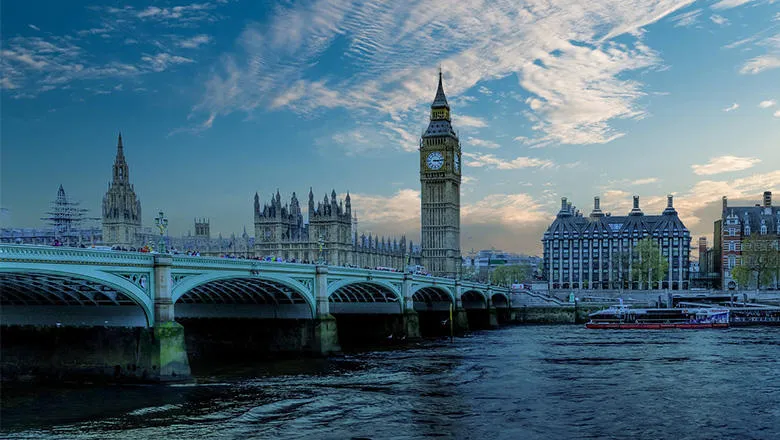28 November 2018
Parliaments were 'made by men, for men' – but things are changing
Emma Kinloch, Impact and Engagement Manager, Global Institute for Women's Leadership
Women MPs from every parliament in the world came to the House of Commons this month

Earlier this month, women MPs from every parliament in the world converged on the House of Commons to celebrate the achievements of female leaders and inspire the next generation of girls and women moving into public life.
The Women MPs of the World conference was organised to coincide with the centenary of the extension of women’s right to vote in the UK and was attended by female parliamentarians of all political backgrounds.
The Global Institute for Women’s leadership was lucky enough to be invited along to the conference and it was a truly inspiring event. The House of Commons chamber was transformed from the usual blanket of black suits, to a much more vibrant range of politicians, including a parliamentarian with a newborn baby on the green benches.
Maria Miller opened the afternoon session by remarking that the House of Commons she looked out on was far removed from the reality, where just 32 per cent of MPs are female. Miller highlighted how many parliaments around the world were ‘made by men, for men’, and that’s why it’s crucial that women are present to shape the agenda and have their voice heard.
Female parliamentarians from countries including Peru, New Zealand, Albania, Malawi and the Philippines all raised policy concerns which have been placed on the agenda as a result of female MPs in legislatures around the world: ending violence against women, the development of maternity and paternity leave, access to family planning and the economic empowerment of women.
Even though a range of countries were represented, in terms of culture, economy and social background, similar themes were raised time and again. This conference highlighted that although national contexts differ, the struggle women face for representation and empowerment is a universal.
As noted by those in attendance, the only way to change policy agendas is for women to be properly represented in legislatures and for them to support one another to change the direction of travel, which has for too long been dictated by male majorities.
Norwegian MP Heidi Nordby Lunde relayed the welcome statistic that 40 per cent of Norwegian parliamentarians were women. While not parity, this figure is considerably higher than the world average of 23.6%. Crucially, however, she noted that this was not a fluke – it was the result of decades of work by women in Norway to ensure they have a voice on the national stage.
This argument evokes the famous suffragette slogan ‘Deeds not words’. This is a sentiment the Global Institute for Women’s Leadership has at its core: we want to find practical solutions and establish what really works to enable more women to lead globally.
It was wonderful to be in the presence of a global network of female parliamentarians who are putting women at the heart of their national policy agendas. They gained strength from one another that they’ll need to continue their fight for equality.
